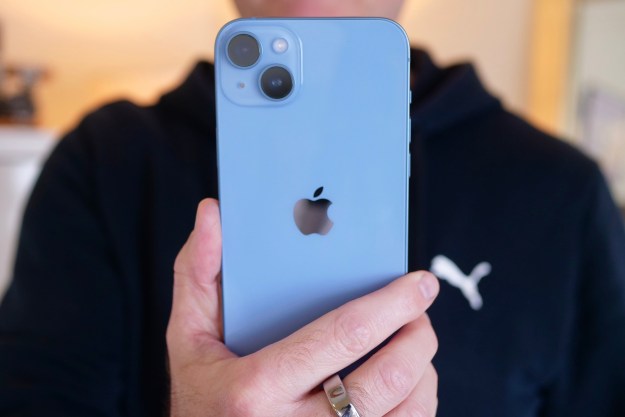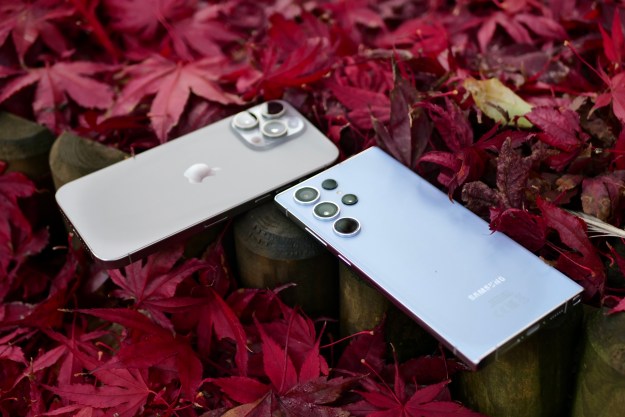At his keynote at this year’s World Wide Developer Conference, Apple CEO Steve Jobs touted features of the company’s forthcoming version of Mac OS X 10.5 "Leopard," but more surprisingly announced Apple is launching a version of its Safari Web browser for Windows XP and Vista, and announced how developers can initially offer third party applications for Apple’s iPhone.
During his address, Jobs highlighted key features of Apple’s forthcoming Mac OS X 10.5 "Leopard", which the company touts as the sixth major revision to Mac OS X since its launch. Jobs claims Leopard will be the first mainstream 64-bit operating system with no separate 32-bit edition, and 64-bit capable machines will see some dramatic performance improvements—which may be especially welcome in the professional media niches where Macs have always had a strong presence. Jobs also demonstrated a new iTunes-like version of of the Mac OS X Finder (complete with a "cover flow" view of files and programs), new Dock and menu bar functionality, an enhanced version of iChat which enables video and document sharing, and "Quick Look", a utility which provides on-screen previews of many popular file types without having to launch the applications which created them. Jobs also highlighted new online services tied to .Mac which enable computers to securely find each other and transfer data, and highlighted Time Machine, an integrated incremental backup system. Leopard is due to ship in October for $129 USD.
More surprisingly, Jobs announced it has put some of the expertise garnered from developing versions of its iTunes application for Windows into developing a version of its Safari Web browser for Windows XP and Vista. Available in public beta now, Jobs touted the browser as among the most innovative on the planet and highlighted iBench performance metrics that rate the Windows versions of Safari significantly faster than either Internet Explorer or Firefox.
Jobs also outlined how third party developers will be able to deploy applications to Apple’s iPhone: via the integrated Safari browser. Touting the solution as requiring no SDK, Jobs invited developers to move applications to the iPhone using Web 2.0 technologies. Internet-based applications will run within their own sandbox within the iPhone, yet will apparently have access to the iPhone’s built-in services, including the address book, email application, and other bundled applications. Developers who were hoping to be able to code native applications for Apple’s iPhone that live side-by-side with the default application suite will no doubt be disappointed, but the capability to develop iPhone applications using Internet technologies at least gives businesses and developers a way to reach iPhone users.
Apple’s intentions with a Windows version of Safari are considerably less apparent: Safari enjoys roughly a 5 percent share of the browser market, although (of course) until today it was available only for Mac OS X users. Perhaps Apple is looking to further shake up the dominance of Internet Explorer in the worldwide browser market, and believes Windows users who adopt Safari will come at the expense of IE more than Firefox. However, it’s also possible a Windows version of Safari is a foot in the door to Apple deploying a greater variety of Internet-based applications and services which need to be available to Windows users as well as the Macintosh-faithful—and Apple’s forays into online video distribution and its alliances with Google are sure to set tongues wagging throughout the remainder of this week’s developer conference.
Editors' Recommendations
- How to find your phone number on iPhone or Android
- How to find your lost phone (tips for iPhone and Android)
- There’s a big problem with the iPhone’s Photos app
- 10 iPhone productivity apps you need to download right now
- This one thing could make iOS 18 the best iPhone update in years


